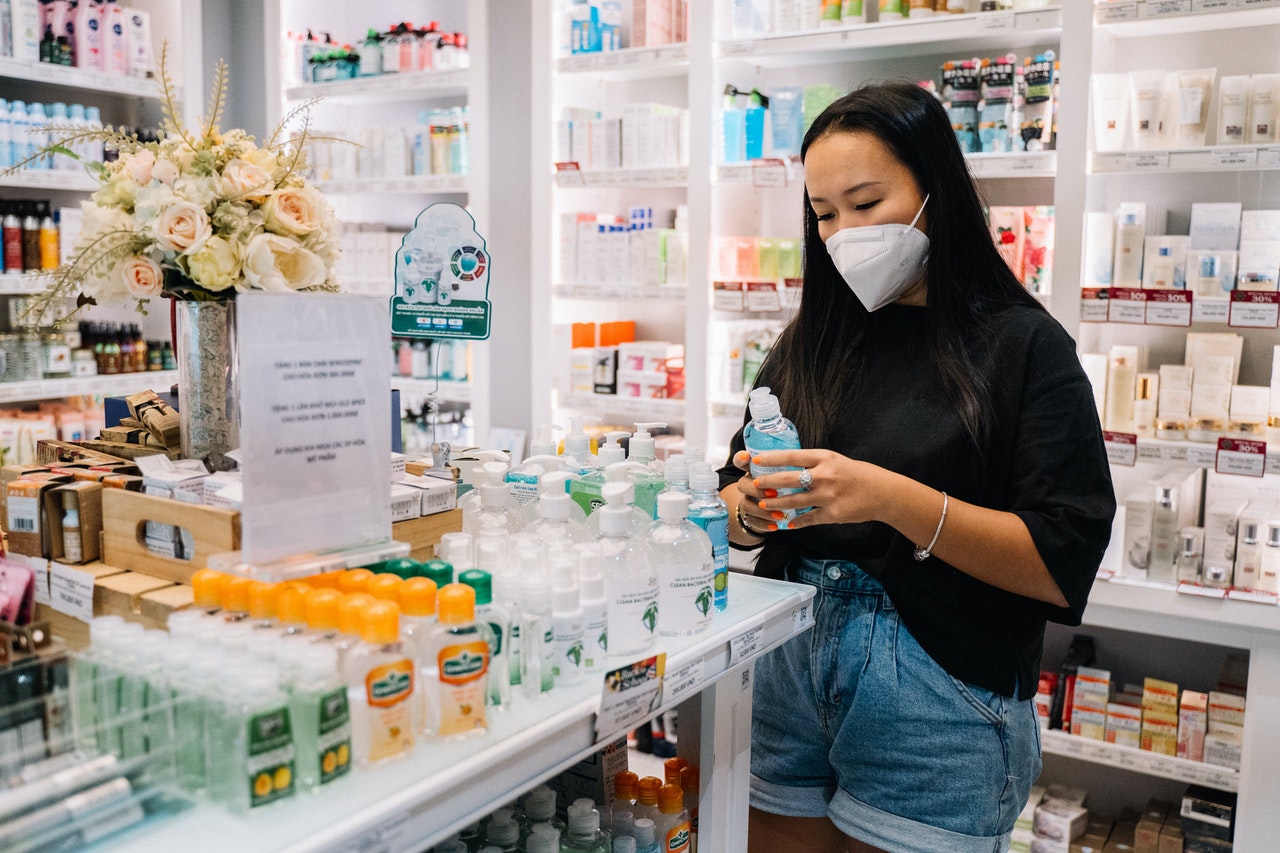As record demand for GP services surges in the UK in the wake of coronavirus, a frightening number of cancer patients have been missed due to late referral, low engagement of the general population to healthcare services, and record pressures on the NHS. A record number of appointments and referrals were cancelled as far back as 2020, and even now, according to Cancer Research UK, as many as 3,000 cancer diagnoses are missed every week in the UK. This comes as NHS England have announced a new pilot scheme to allow patients across the UK to go to their pharmacists for checkups and grants pharmacists the ability to urgently refer patients along the cancer pathway. The move comes at a time when more cancer is being missed than ever, despite a good rebound from a low point in engagement and appointment retention in mid 2020.
During the crisis, it was reported that a 75% drop in referrals for cancer screening was seen by GPs and providers, with the NHS pleading with patients to not neglect to use GP services or A&Es for medical emergencies. The uncomfortable situation being faced by directors and heads of cancer services is stark: we may have to treat those most needing of radiotherapy or chemotherapy and delay patients with less aggressive cancers. This news comes after a further estimate by Cancer Research UK that: 2,300 people a week are being missed with urgent referrals and 400 missed diagnoses through screening. The NHS aims to increase the number of cancers caught early from 1 in 2 to an ambitious 3 in 4, and this new pilot allows even more engagement to patients who may be reluctant to go to their general practitioner.

A cornerstone of public health policy is maximising the number of health contacts and individual has, but not only by volume – but by increasing the depth and quality of the interactions, taking the easy wins where they present themselves. Millions of patients across the UK visit pharmacies every day and thus the high frequency of interaction serves as a perfect place for pharmacists to ask open ended and inquisitive questions in the hope to allow screening of potentially vulnerable patients. This is another feather in the cap extended to pharmacy services with other longstanding functions such MUR’s medical use reviews, birth control, blood pressure checks and weight management which have been outsourced to pharmacies across Britain. In this particular scheme, an NHS press release read, “those with symptoms including a cough that lasts for three weeks or more, difficulty swallowing or blood in their urine will be referred direct for scans and checks without needing to see a GP if staff think it could be cancer”.
Speaking at a press conference, Amanda Pritchard stated, ““NHS staff have continued this innovation; from liver trucks travelling around the country to genetic testing and high street checks, we want to make it as easy as possible for those most at risk to get vital, lifesaving tests. These plans have the power to truly transform the way we find and treat cancer, and ultimately spare thousands of patients and their families from avoidable pain and loss”. What’s more, the new scheme targets those with Jewish heritage who have historically been at risk of much higher and pervasive genetic mutations which have lead to aggressive and inoperable cancers. This new cornerstone of DNA analysis and genetic testing is a window into the future of public health policy where science backed approached can be used to treat and inform individuals before the cancer becomes inoperable or develops at all.
The new move is a part of the governments 10 year cancer initiative whereby health contacts are maximised and more community services can begin screening, with an emphasis on prevention instead of high risk and futile operations on aggressive tumours. Of the new move, Health and Social Care Secretary Sajid Javid said: “Ensuring patients can access diagnosis and treatment easily in their communities and on high streets is a fundamental part of our 10-Year Cancer Plan. Harnessing ground-breaking innovations such as this will save lives and help us achieve our ambition of being the best place in Europe for cancer care”.
